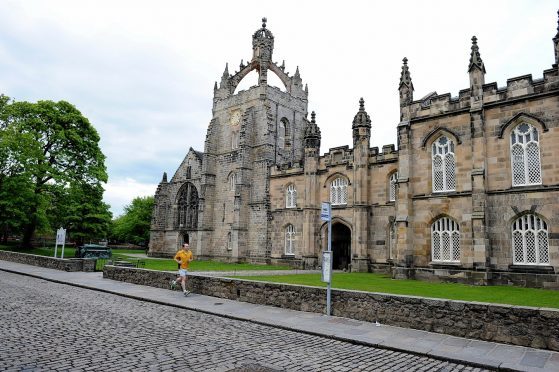An Aberdeen University academic has been awarded £2million to lead a study into the use of soil in combating global warming.
Professor Pete Smith’s project will be the most comprehensive global assessment of the potential of our soils to remove greenhouse gases from the atmosphere.
He said: “Our aim is to deliver the most comprehensive global assessment of potential, feasibility, barriers and impacts of soil-based greenhouse gas removal practices – in ways that contribute to the delivery of the UN Sustainable Development Goals.
“We have pulled together an exceptional team to tackle this challenge, with experts in soil science, computer modelling, socio-cultural-ecological impact assessment, economics, social science and life cycle assessments.
“We are very excited to be working together as a team to solve this significant global issue.”
The team is also made up of academics from Cranfield University, the University of Edinburgh, Scotland’s Rural College (SRUC), University of Newcastle, the James Hutton Institute and the international Climate Change and Food Security (CCAFS) initiative.
The project will start in October 2017 and will last for 48 months.
The research has been funded by the Natural Environment Research Council (NERC), the Economic and Social Research Council (ESRC), the Engineering and Physical Sciences Research Council (EPSRC) and the Department for Business, Energy & Industrial Strategy (BEIS).
The Met Office and the Science and Technology Facilities Council (STFC) are also providing in-kind support.










